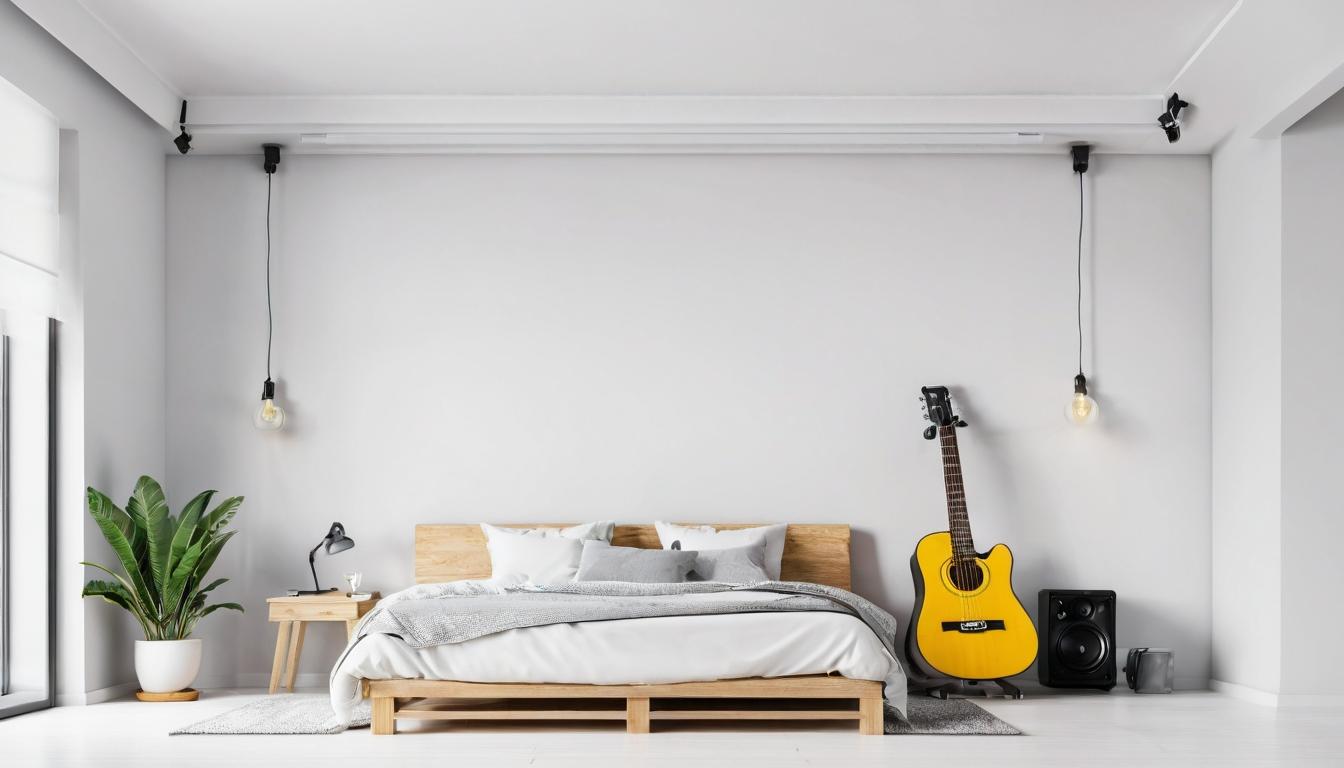In the dim glow of laptop screens across time zones, a quiet revolution is unfolding. Bedroom producers—once relegated to the fringes of the music industry—are now commanding attention from major labels, streaming platforms, and festival organizers. This seismic shift isn't just about technology democratizing music creation; it's about the complete dismantling of traditional industry gatekeeping. The bedroom has become both incubator and launchpad, creating a new class of artist who operates outside established systems while simultaneously being courted by them.
What's fascinating isn't merely that bedroom producers exist—they always have—but that they're achieving commercial and critical success without ever needing to leave their creative sanctuaries. Artists like Fred again.., who built his initial following from meticulously crafted bedroom sessions, now sells out stadiums. The trajectory defies conventional wisdom: no grinding through club circuits, no paying dues as an opening act, no relocation to industry hubs. Success arrives through digital networks, viral moments, and the raw authenticity that bedroom production seems to inherently foster.
This movement represents more than just technological accessibility; it's a fundamental rethinking of what constitutes legitimate artistry. The bedroom producer's toolkit—often just a laptop, headphones, and affordable software—challenges the notion that professional recording requires professional spaces. The resulting music carries the intimacy of its creation environment, creating what listeners increasingly describe as more "human" and relatable art. The imperfections become features rather than bugs—the distant siren outside the window, the hum of a refrigerator, the raw vocal take recorded at 3 AM.
Streaming platforms have accelerated this transformation in unexpected ways. Algorithms don't discriminate between million-dollar studio productions and bedroom creations—they simply respond to listener engagement. This has created what industry analysts call "the great flattening," where production value matters less than emotional resonance. A carefully crafted chord progression recorded in a professional studio might languish in obscurity while a simple, heartfelt melody recorded on a smartphone goes viral. The metrics have shifted from technical perfection to authentic connection.
Social media platforms have become the new A&R departments, with TikTok and Instagram serving as discovery engines that bypass traditional industry filters. A 15-second clip can launch a career, with labels scrambling to sign artists who've already built substantial followings independently. This inversion of the traditional discovery model has left many established industry players playing catch-up, trying to decode algorithms they don't fully understand while bedroom producers native to these platforms thrive.
The financial implications are equally revolutionary. Bedroom producers often retain more creative control and higher revenue shares than artists developed through traditional label systems. Without the overhead of studio time and expensive producers, they can operate with remarkably low break-even points. Many successful bedroom artists maintain day jobs even after achieving significant streaming numbers, creating what economists call "the passion economy"—where creative work supplements rather than replaces traditional employment.
This shift has also democratized collaboration. Through file-sharing platforms and digital audio workstations that support real-time remote collaboration, bedroom producers in different countries can create together without ever meeting. The resulting music often blends cultural influences in ways that would have been logistically impossible just a decade ago. A producer in Lagos can trade stems with a vocalist in Seoul while a mixer in Berlin perfects the final product—all within 24 hours.
Yet challenges persist. The same accessibility that enables bedroom production also creates overwhelming competition. With millions of tracks uploaded to streaming services monthly, standing out requires more than just talent—it demands marketing savvy, consistent output, and sometimes pure luck. Many talented producers remain in obscurity not due to lack of skill but inability to navigate the attention economy.
Mental health concerns have emerged as another significant issue. The isolation of bedroom production, combined with the pressure to constantly create and promote content, has created what psychologists call "the loneliness of the digital creator." Without the community of a traditional studio environment or the camaraderie of bandmates, many bedroom producers struggle with burnout and depression despite their creative success.
The industry's response has been fascinating to observe. Major labels have created specialized divisions focused solely on identifying and developing bedroom talent. Recording equipment manufacturers now design products specifically for home studios. Even traditional institutions like music schools have added courses on home production and digital marketing. Everyone is adapting to this new reality where the most exciting innovations often emerge not from professional studios but from spare bedrooms.
Looking forward, the bedroom producer phenomenon shows no signs of slowing. As technology continues to advance—with AI-assisted production tools becoming more sophisticated and virtual reality creating new collaborative spaces—the barriers between amateur and professional will blur further. The very definition of what constitutes a "real" musician continues to evolve, driven by creators who prove that great art doesn't require expensive real estate, just vision and dedication.
What began as a niche subculture has become the engine of musical innovation. The bedroom isn't just where music is made anymore—it's where the future of the industry is being written, one track at a time. This quiet revolution, conducted in pajamas rather than boardrooms, may ultimately prove to be the most significant transformation the music business has seen since the invention of the recording studio itself.
The underground renaissance: how bedroom producers are reshaping music industry hierarchies

